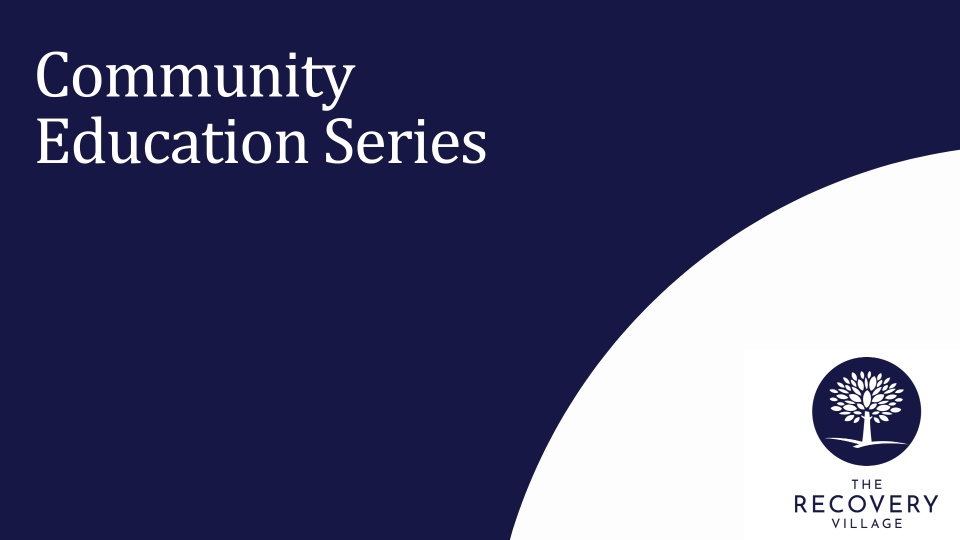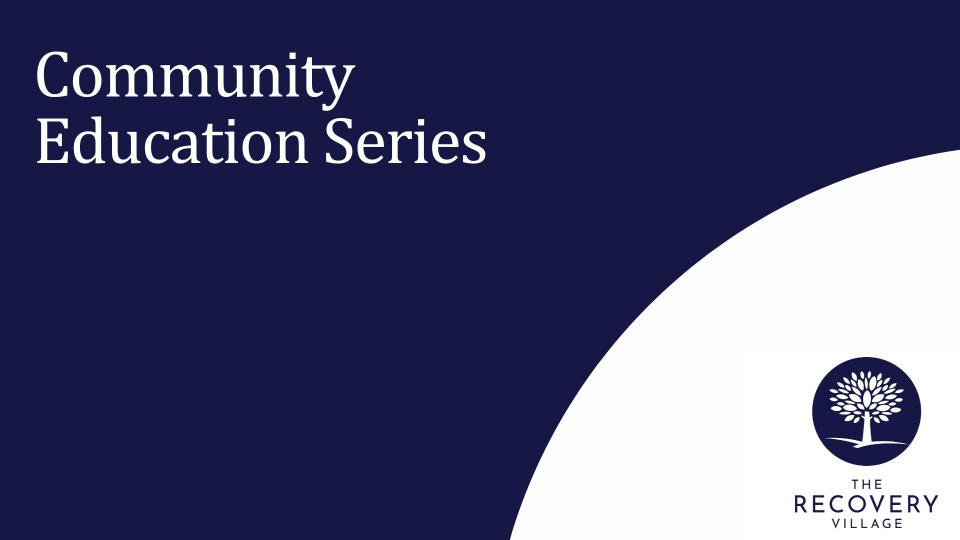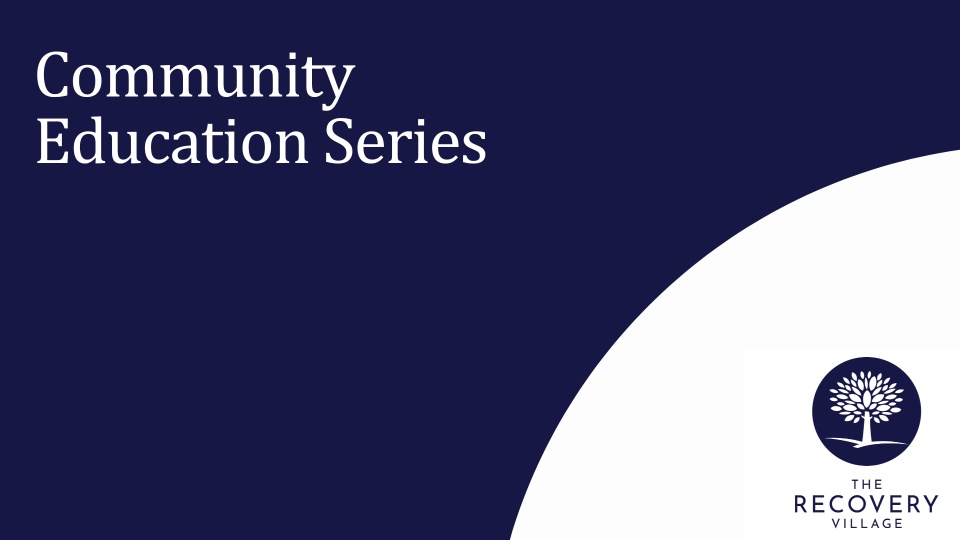Estimated watch time: 47 mins
Available credits: none
Speaker: Sara Magdaleno, MSW, LICSW
Being a teenager presents its unique challenges, but suffering with self-harm or suicidal thoughts can make life even more of a challenge to navigate through. This presentation will discuss some of the stigma with self-harm and suicidal thoughts in teens, while providing education, a variety of effective coping skills, and resources.
Objectives:
- Learn the difference between suicidal and self-harm thoughts.
- Understand warning signs that you may notice in yourself or a teen that may be struggling.
- Discuss what triggers are and how they affect intrusive thoughts.
- Explore various skills and techniques that can help increase self-awareness, promote physical relaxation, and increase a sense of empowerment.
- Learn how to support a teen who may be struggling with self-harm or suicidal thoughts.
- Obtain resources for safety
About the Speaker:
Sara received her Masters degree in Social Work from Highlands New Mexico University in Roswell, NM in 2015 and is currently a Licensed Independent Clinical Social Worker in the State of Washington. She is from CA and because her husband is in the military, she has had the opportunity to move frequently and experience different states and populations. Sara has a background of working with teens and adults in various settings, most recently including behavioral health centers, a local high school, and I currently has a private practice.









